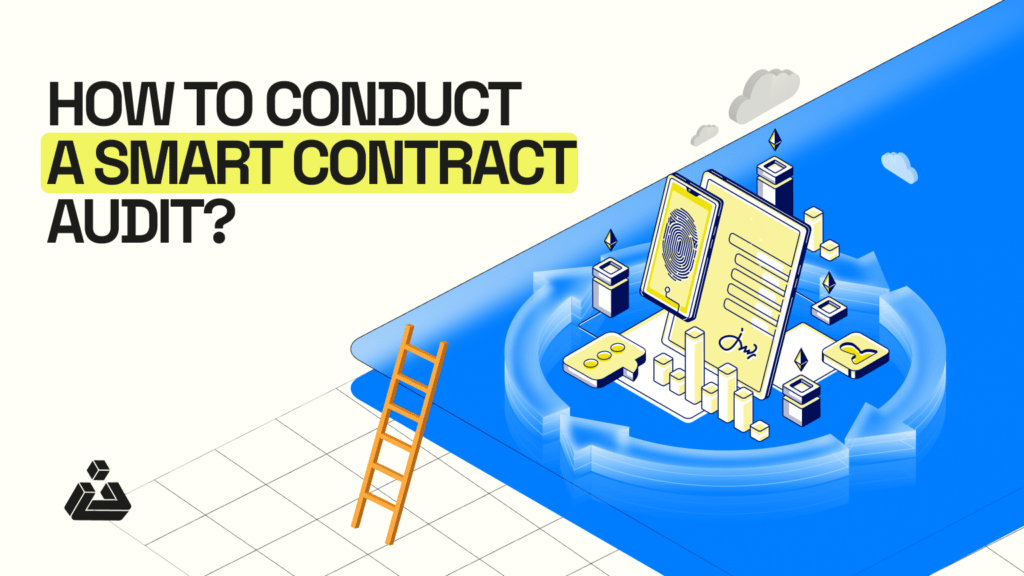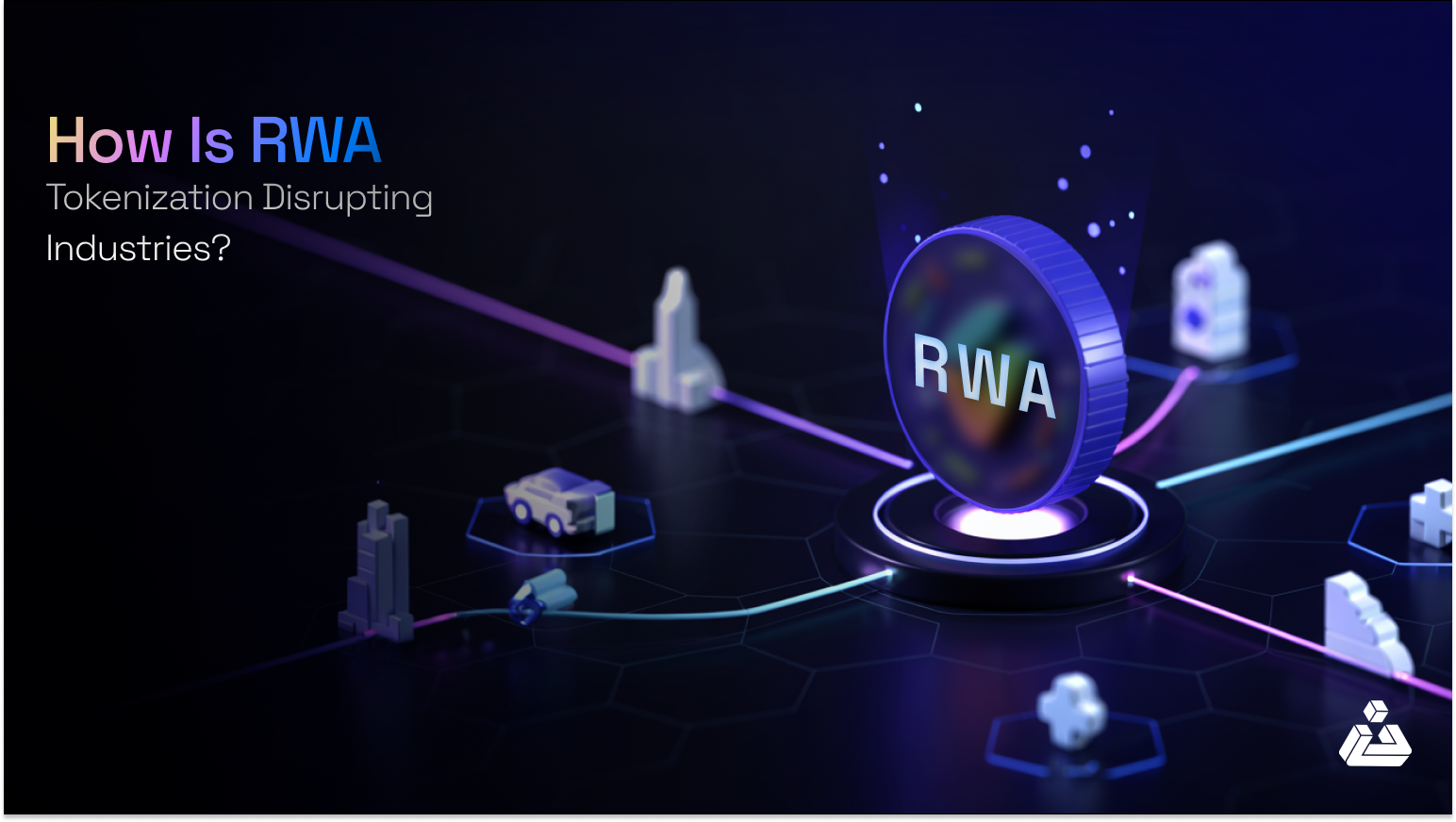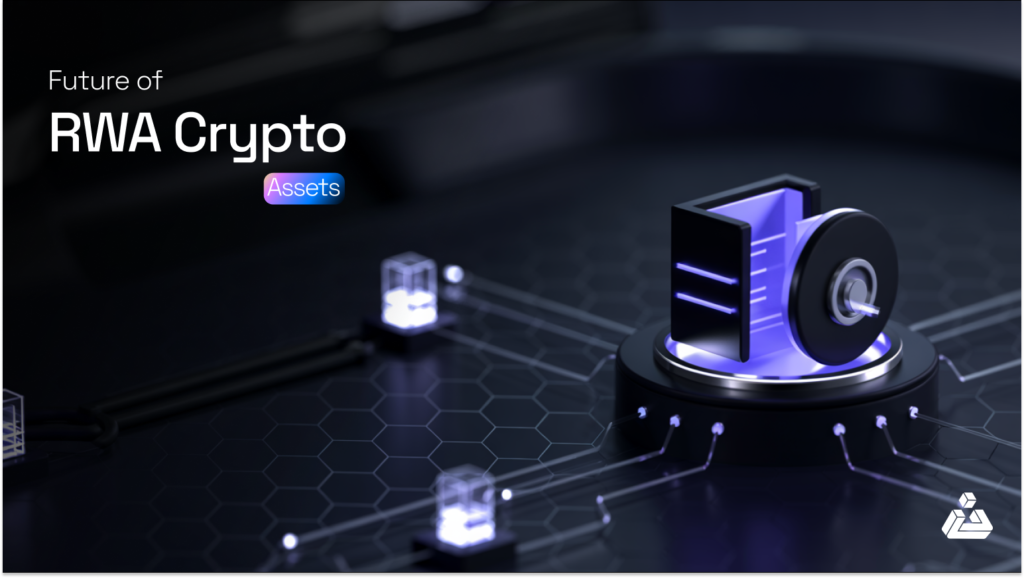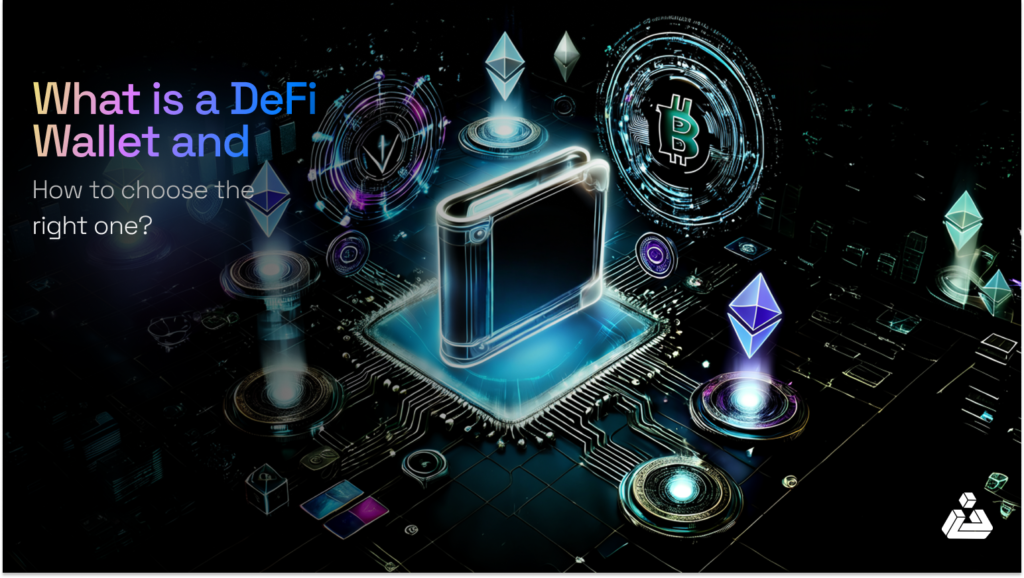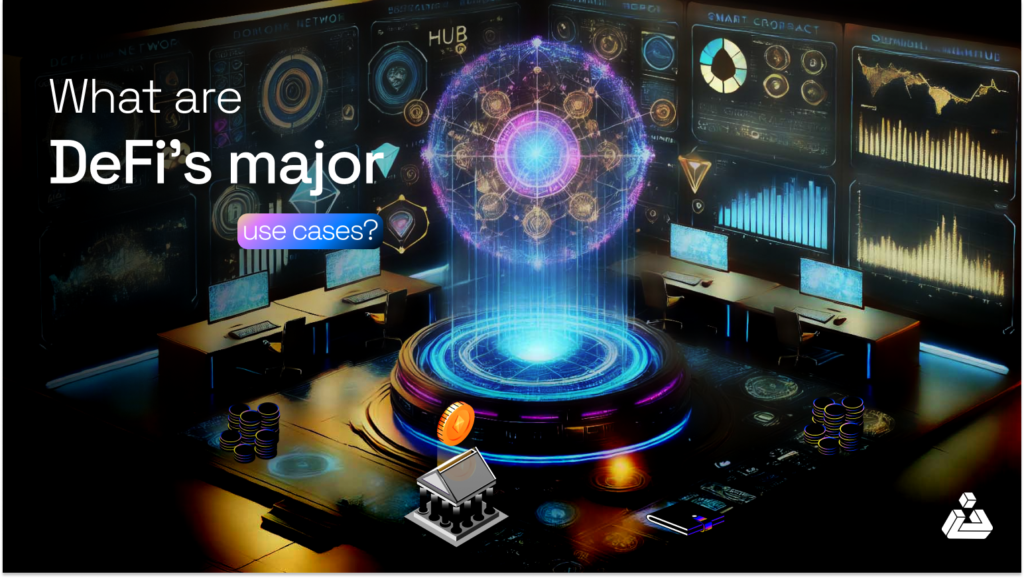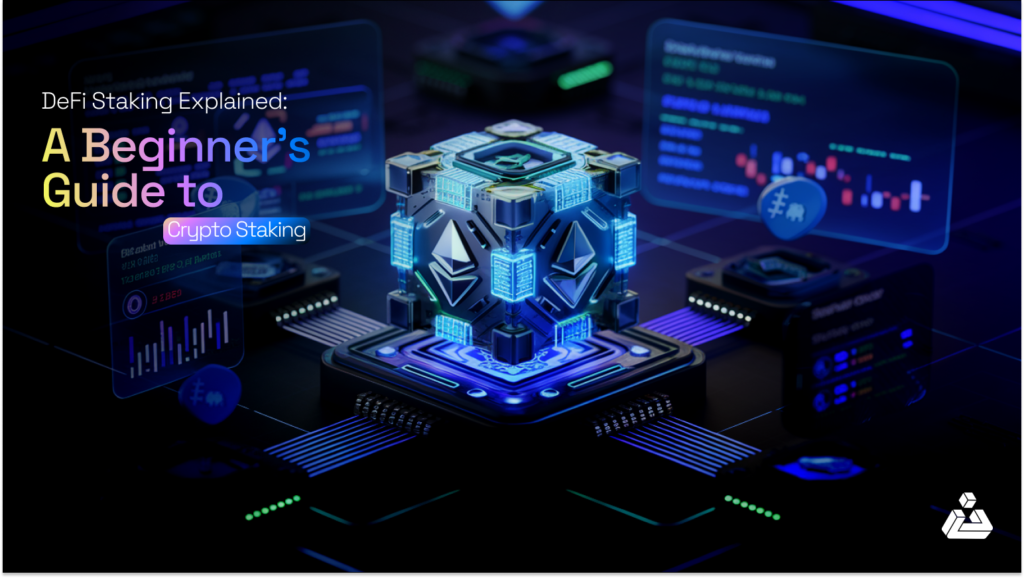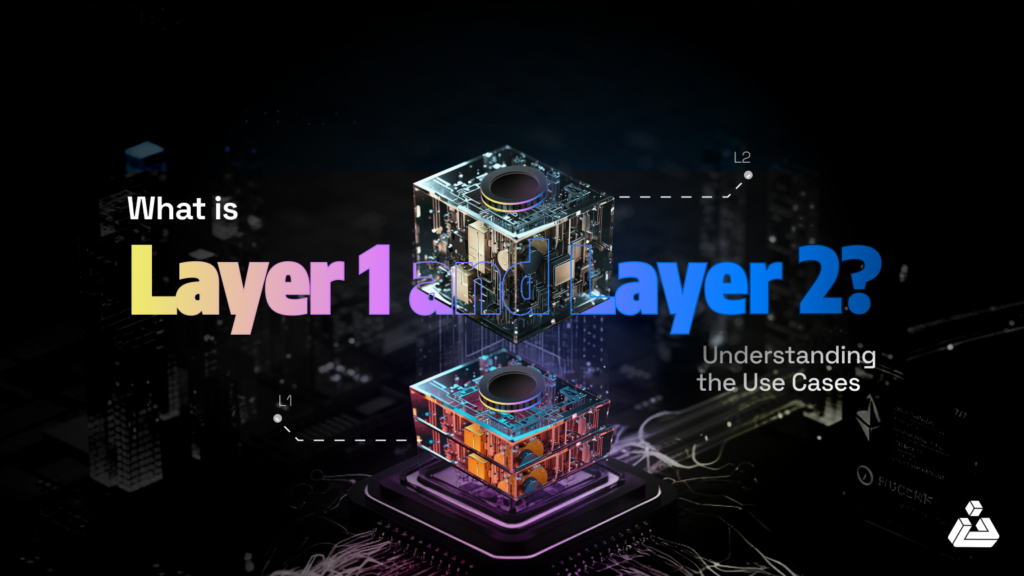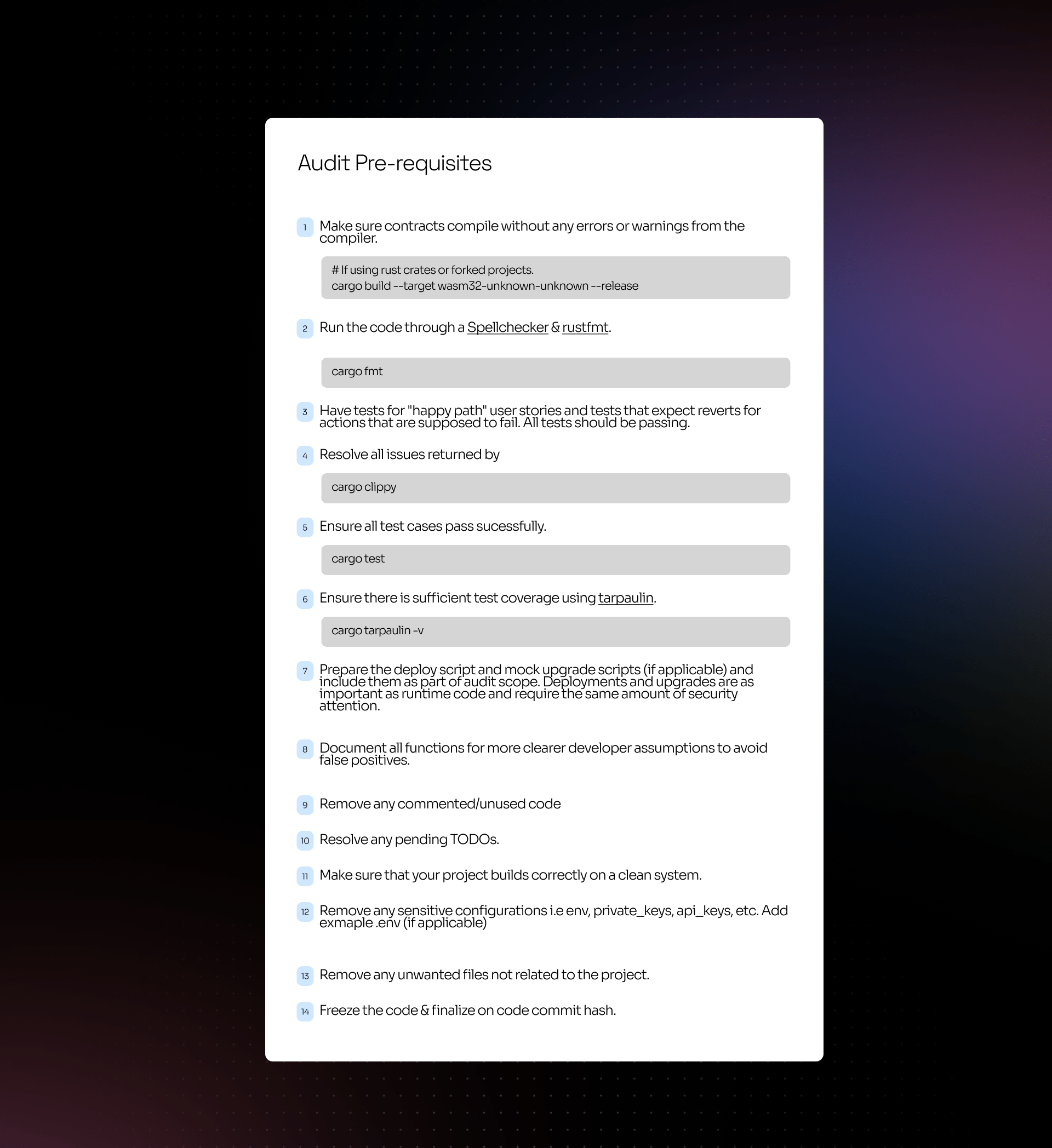To mitigate the risks and vulnerabilities in smart contracts and ensure the integrity of your project, a smart contract audit is essential. This article explores the world of smart contract audits, explaining what they are, why they are crucial for your business, and the various stages involved in the smart contract audit process.
Key Highlights:
- Smart contract audits are crucial for blockchain projects to ensure security and minimize risks.
- Audits build trust, prevent financial losses, reduce development costs, ensure regulatory compliance, and give your business a competitive edge.
- A comprehensive audit involves project preparation, automated and manual testing, vulnerability classification, reporting, and addressing identified issues.
- Audits can involve static code analysis, manual code review, black-box testing (limited code access), white-box testing (full code access), and formal verification (mathematical proofs).
- Auditors leverage various tools for efficient analysis, including Mythril, Slither, Echidna, and Solgraph.
- Prepare well with clean, documented code. Define audit scope and objectives. Choose a reputable auditor. Communicate clearly, understand findings, and address vulnerabilities. Re-test and potentially re-audit after fixing issues.
What is Smart Contract Audit?
Blockchain is known to remove intermediaries and introduce decentralization. But how is it possible? By using smart contracts. Smart Contracts are those intermediaries that comprise of logic about how a certain mechanism will be executed.
Simply put, Smart contracts act as self-executing agreements. These contracts hold the key to secure and transparent transactions, automate processes, and facilitate trustless interactions. However, even the most brilliant code can harbor vulnerabilities. This is where smart contract audits come in — a meticulous examination of your smart contract’s code.
Think of it as a security inspection for your digital agreement. Highly skilled auditors, often with backgrounds in security engineering, meticulously analyze every line of code. Their mission – to identify and eliminate potential security weaknesses, inefficiencies, and bugs before malicious actors can exploit them.
Why Your Business Needs a Smart Contract Audit
A smart contract audit is an investment in the future of your business. It fosters trust, minimizes risks, and paves the way for a secure and successful blockchain project.
Your business needs a smart contract audit because;
Gain a Competitive Edge:
In a crowded blockchain space, demonstrating a commitment to security through a successful audit can be a significant differentiator. Investors and users are more likely to gravitate towards projects that prioritize security, giving your business a competitive edge.
Minimize Financial Losses:
A compromised smart contract can lead to significant financial losses for your business. Hackers can exploit vulnerabilities to siphon off funds, manipulate transactions, or disrupt your entire system. Audits act as a preventative measure, identifying and mitigating these risks before they can materialize.
Reduce Development Costs:
While upfront costs are associated with smart contract audits, they are significantly lower than the potential costs of a security breach. Audits help identify and fix errors early in the development process, preventing costly rework and redeployment after launch.
Comply with Regulations:
As blockchain regulations evolve, some jurisdictions might mandate smart contract audits for certain types of projects. By proactively undergoing an audit, your business stays ahead of the curve and ensures compliance with emerging regulations.
Building Trust:
A successful smart contract audit by a reputable auditor acts as a stamp of approval, assuring users that their interactions with your smart contract are secure and their funds are protected.
Types of Smart Contract Audits
Smart contract audits are essential for building trust and security in your blockchain project. Here’s a breakdown of the key audit types:
Security Audits
These audits identify and fix vulnerabilities that could lead to financial loss to your smart contract and protocol users. Common issues they address include reentrancy attacks (exploiting code loopholes), integer overflows/underflows (calculation errors), and access control weaknesses (improper permissions).
Gas Optimization Audits
These audits focus on reducing the gas (transaction fee) required for your smart contract to run. Lower gas costs improve cost-efficiency and user experience, especially for frequently used applications.
Formal Verification: Mathematical Proof for Critical Systems
Formal verification takes a rigorous mathematical approach to prove that your smart contract functions as intended and cannot exhibit unexpected behavior. This method is ideal for critical systems with high financial stakes.
It involves:
- Formal Specification Language: A clear and unambiguous language is used to express the desired behavior of your contract.
- Theorem Proving: Mathematical techniques demonstrate that the code aligns with the formal specification.
Formal verification is complex, time-consuming, and may not cover all possible attack vectors.
Economic Audits
Emerging economic audits evaluate the tokenomics (token economics) and incentive structures within your smart contract. They aim to ensure a sustainable economic model and identify potential pitfalls like pump-and-dump schemes or hyperinflation. Economic audits involve:
- Game Theory Analysis: Predicting how users will interact with your contract and the potential outcomes.
- Financial Modeling: Analyzing token supply, distribution, and incentives to create a healthy economic ecosystem.
- Historical Analysis: Learning from past project flaws to build a more robust economic model.
Continuous Audits
Continuous audits provide ongoing monitoring and reassessment of your smart contract as it evolves. This is crucial for projects that are constantly updated or integrated with other systems.
The Comprehensive Smart Contract Audit Process
A comprehensive smart contract audit process typically involves several distinct stages, each crucial for unearthing potential vulnerabilities. Here’s a breakdown of the key steps involved:
Project Preparation:
The initial phase involves gathering all the necessary information about the project. This includes the code itself, detailed documentation explaining its functionality, and any relevant test cases. Then, the auditors perform Threat Modeling, outline Engagement Goals and execute the Pre-Audit Dynamic Testing Framework and scan the code base in an iterative process to develop basic understanding. They further develop presumptions for the developed codebase and whitepaper/documentation.
Automated Testing
Auditors employ tools for running the generalized testing suite, fuzzing campaigns, static analyzers, and linting of smart contracts to analyze your code. This process happens within the security review phase, which is preceded by project preparation that defines engagement goals, and threat modeling to identify potential attack vectors. Finally, both automated and manual testing work together to comprehensively assess a smart contract’s security.
Manual Testing
In this phase, auditors meticulously examine the logic line by line, scrutinize functionalities, and assess potential attack vectors. This in-depth review allows auditors to identify more nuanced vulnerabilities that might evade automated tools.
Vulnerability Classification and Reporting
The vulnerabilities identified are then classified according to the level of impact they can cause. These classifications are critical, high, medium, low, and informational vulnerabilities.

Initial Audit Report
The initial draft includes the vulnerabilities and how they can be mitigated. The developer team then addresses the issues by either resolving them or explaining why they are there.
Final Audit Report
The identified bugs are then marked as resolved or unresolved and a final detailed audit report is crafted. This audit report is often made publicly available to give the project credibility and to ensure transparency.
Approaches to Smart Contract Audits
While the core audit steps for smart contracts remain consistent, auditors may employ different approaches to achieve the desired level of security. Here’s a breakdown of some common approaches:
- Static Code Analysis: This approach utilizes automated tools to scan the codebase for common vulnerabilities and coding errors. It’s a fast and efficient way to identify potential issues but may miss more nuanced logical flaws.
- Manual Code Review: Highly skilled auditors meticulously examine the code line-by-line, assessing its functionality, logic, and potential attack vectors. This in-depth review can uncover vulnerabilities that might evade automated tools.
- Black-Box Audit: In this approach, the auditor treats the smart contract as a “black box,” analyzing its functionality solely through its external interface (inputs and outputs). This simulates a real-world attack scenario where hackers might have limited knowledge of the internal code.
- White-Box Audit: In the White box, the auditor has full access to the smart contract’s codebase, allowing for a more in-depth analysis of the logic and potential vulnerabilities within the code itself.
- Formal Verification: This approach utilizes mathematical techniques to formally prove the correctness of a smart contract. While highly secure, formal verification can be complex and time-consuming and may not be feasible for all smart contracts.
By understanding these different approaches, you can gain valuable insight into the strategies employed during a smart contract audit and make informed decisions when selecting an auditor for your project.
Essential Tools for Smart Contract Audits
There are different types of smart contract auditing tools available to make it easier and more efficient to audit smart contracts. The following tools provide useful ways to conduct smart contracts audits and extract insights;
- Manticore: A Execution-based tool for detecting vulnerabilities in Ethereum smart contracts.
- Mythril: A security analysis tool for EVM bytecode. Supports smart contracts built for Ethereum, Hedera, Quorum, Vechain, Roostock, Tron and other EVM-compatible blockchains.
- MythX: A paid auditing platform that leverages Mythril for analysis on Ethereum platform.
- Scribble: A behavioral tool used to prepare smart contracts for property based testing in congregation with other Fuzzing or Property Testing Frameworks..
- Securify v2.0: All-in-one auditing platform with static analysis, fuzzing, and symbolic execution.
- Slither: Free, open-source static analysis tool for finding common vulnerabilities in Solidity smart contracts.
- SmartCheck: Static analysis tool that identifies potential security issues and code smells.
- Cyfrin Aderyn: Rust-based static analyzer for smart contracts, known for its accuracy.
- Echidna: Best-in-class fuzz testing tool for discovering edge cases and unexpected behavior.
- Solidity Visual Developer: An extension that supports developers in writing secure and well understood code.
- Rattle: Dynamic analysis tool that observes a smart contract’s behavior during execution.
- Surya: Provides a number of visual outputs and information about the contracts’ structure. Also supports querying the function call graph in multiple ways to aid in the manual inspection of contracts.
There are more tools available; the above-mentioned are some of the popular ones.
Best Practices for a Successful Smart Contract Audit
To get a good grasp of everything you need to know, give Smart Contract Security Fundamentals, Vulnerabilities & Best Practices a read. A basic outline of smart contracts’ best practices is as follows
Preparation is Key:
- Clean and Documented Code: Ensure your code is well-organized, commented, and includes clear documentation explaining its functionality, design choices, and intended use cases. This includes whitepapers, technical specifications, and detailed comments within the code itself.
- Define Scope and Objectives: Determine if you need a general security evaluation or if there are specific areas of concern, like gas optimization or access control. A focused audit allows auditors to concentrate on critical areas.
- Choose the Right Auditor: Research and select a reputable auditor with a proven track record in blockchain security and smart contract audits. Look for organizations with relevant industry credentials and positive client feedback.
Client’s Involvement:
- Clear Communication: Maintain open communication with the auditors. Provide any additional information they request and address their questions promptly.
- Understanding Findings: Actively participate in discussions about the audit report. Ensure you understand the identified vulnerabilities and their potential impact.
The Final Touch
- Addressing Issues: Prioritize and address the identified vulnerabilities based on their severity. Critical vulnerabilities that could lead to loss of funds or contract failure should be addressed immediately.
- Re-testing and Deployment: After fixing vulnerabilities, re-test the contract thoroughly before deployment. If significant changes were made, consider re-auditing the contract.
Conclusion
By understanding the importance of smart contract audits, the various approaches auditors employ, and the available tools, you are well-equipped to navigate the smart contract audit process and ensure the security and reliability of your blockchain project. Remember, a successful smart contract audit fosters trust, minimizes risks, and paves the way for a thriving blockchain venture.
FAQs
- Can Chatgpt audit smart contracts?
Smart contract audits require a deep understanding of blockchain technology, security vulnerabilities, and code analysis. While ChatGPT can be informative on these topics, it may not possess the necessary expertise to identify complex security issues in smart contract code. It’s best to rely on professional auditors with proven experience in blockchain security.
- What is the initial audit of a smart contract?
The initial audit of a smart contract is a key phase in the comprehensive audit process, where the initial audit report is delivered, outlining the findings from the first audit cycle. Each finding is addressed and rectified by the development team, ensuring the security and functionality of the contract. Understanding the smart contract audit cost is crucial at this stage, as it encompasses the resources and expertise required to identify and fix potential vulnerabilities.
- What is the role of a smart contract auditor?
A smart contract auditor acts as a security inspector for your smart contract. Their primary role is to create a comprehensive understanding of the protocol and secure it against economic, technical, game theoretical, and blockchain environmental challenges.
- How big is the smart contract auditing market?
The smart contract auditing market is rapidly growing as the use of blockchain technology expands. While a definitive market size is difficult to pinpoint, estimates suggest it could reach billions of dollars in the coming years.
Read more Educational Content :
EigenLayer: ETH Staking And How It Works
Ethereum Dencun Upgrade: Everything You Need To Know
Bitcoin Halving 2024: Economic Dynamics And Market Perspectives
Bitcoin Runes 2024: Cryptocurrency’s New Vanguard Or Digital Ruin?



